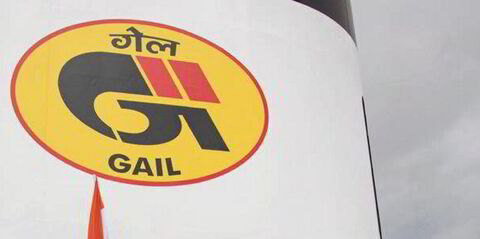VLCC specialist DHT Holdings has reported earnings in line with analyst bets for the first quarter and guided to slightly weaker but still profitable rates for bookings in this quarter.
The Svein Moxnes Harfjeld-led shipowner reported spot VLCC rates for the first three months that were stronger than competitors reporting thus far, at a time charter equivalent rate of $54,000 per day.
Guidance for the current quarter was $51,000 with 72% of available spot days booked.
DHT’s net income for the first quarter was $47.1m, or $0.29 per basic and diluted share, on revenue of $145.9m. This was improved from the first three months of 2023, when DHT had net income of $38m or $0.23 per share on revenue of $131.5m.
DHT declared a quarterly dividend of $0.29 per share, in line with its policy of paying out 100% of net income.
The past quarter’s performance essentially was in line with analyst expectations, which came in at $0.30 per share. Adjusted Ebitda of $83.7m came just below the consensus estimate of $85.3m.
“The freight market continues to show steady and reassuring conduct,” DHT said in an earnings release following the close of trading on the New York Stock Exchange on Tuesday.
“The slumps of the market swings are grinding higher with recent lows levelling out above $40,000 per day for an Eco-design fitted with [scrubber], signifying the gradually tightening and favourable balance between supply and demand for our services.”
Competitor Euronav reported average spot TCE rates for its VLCCs in the first quarter at $41,700 per day, improving to $49,465 with 63% of days booked in the current quarter.
Another VLCC owner, New York-based International Seaways, reported that it earned spot rates of $44,700 per day in the first quarter, improving to $50,800 in the second quarter with 63% of days booked.

DHT also mentioned its previously disclosed order for four VLCC newbuildings, two each at South Korea’s Hyundai Samho Heavy Industries and Hanwha Ocean.
“The interest in contracting VLCC newbuildings that picked up over the last few months has receded as other ship categories seem to have attracted attention from shipowners,” DHT said.
“As previously stated, we expect that the global VLCC fleet could shrink in capacity over the coming years.”
DHT owns and operates a fleet of 24 VLCCs.




